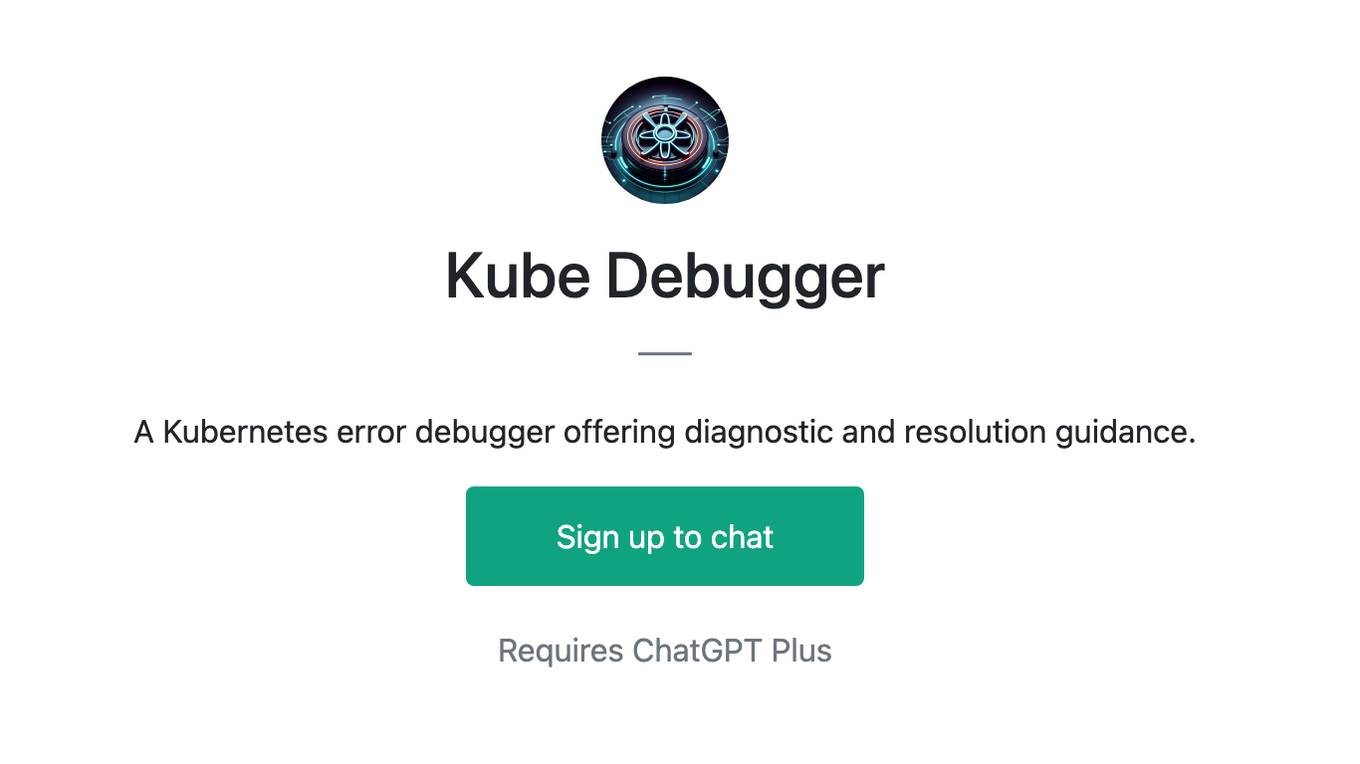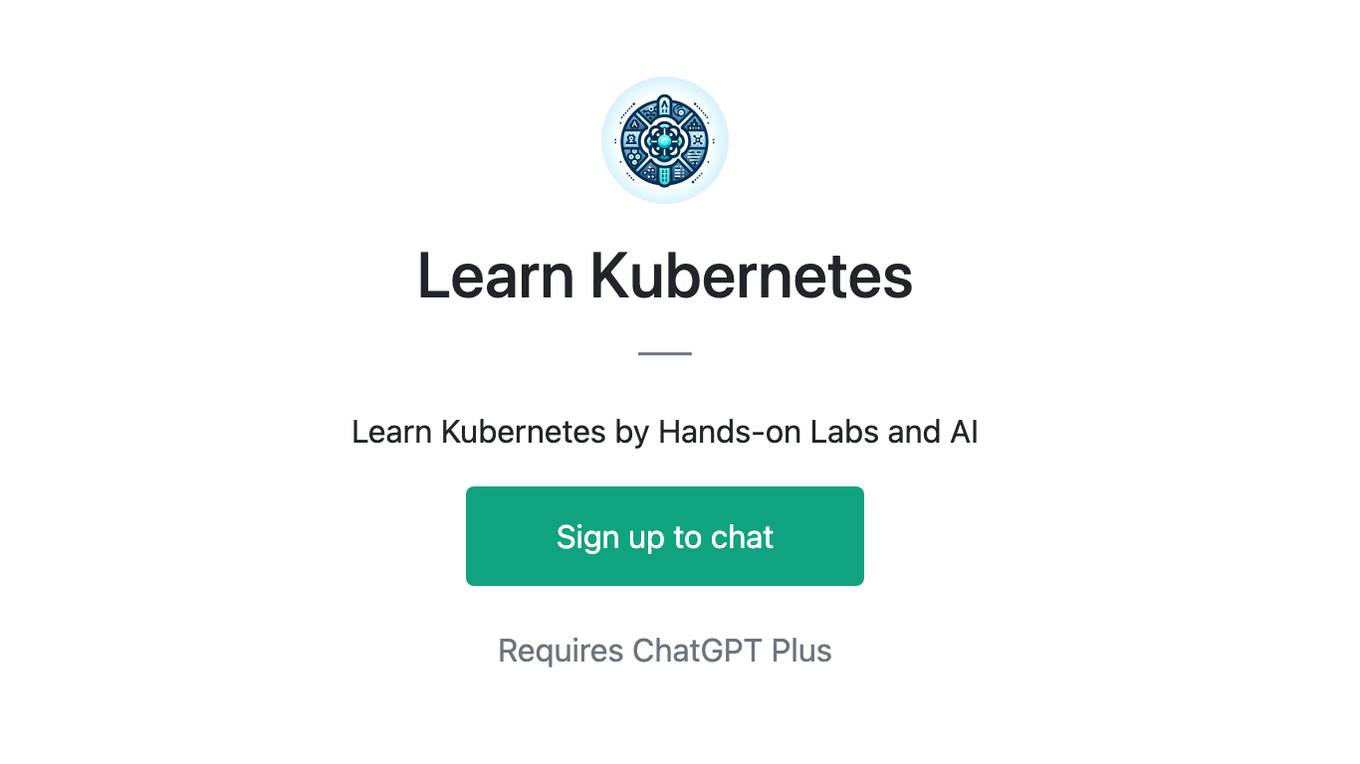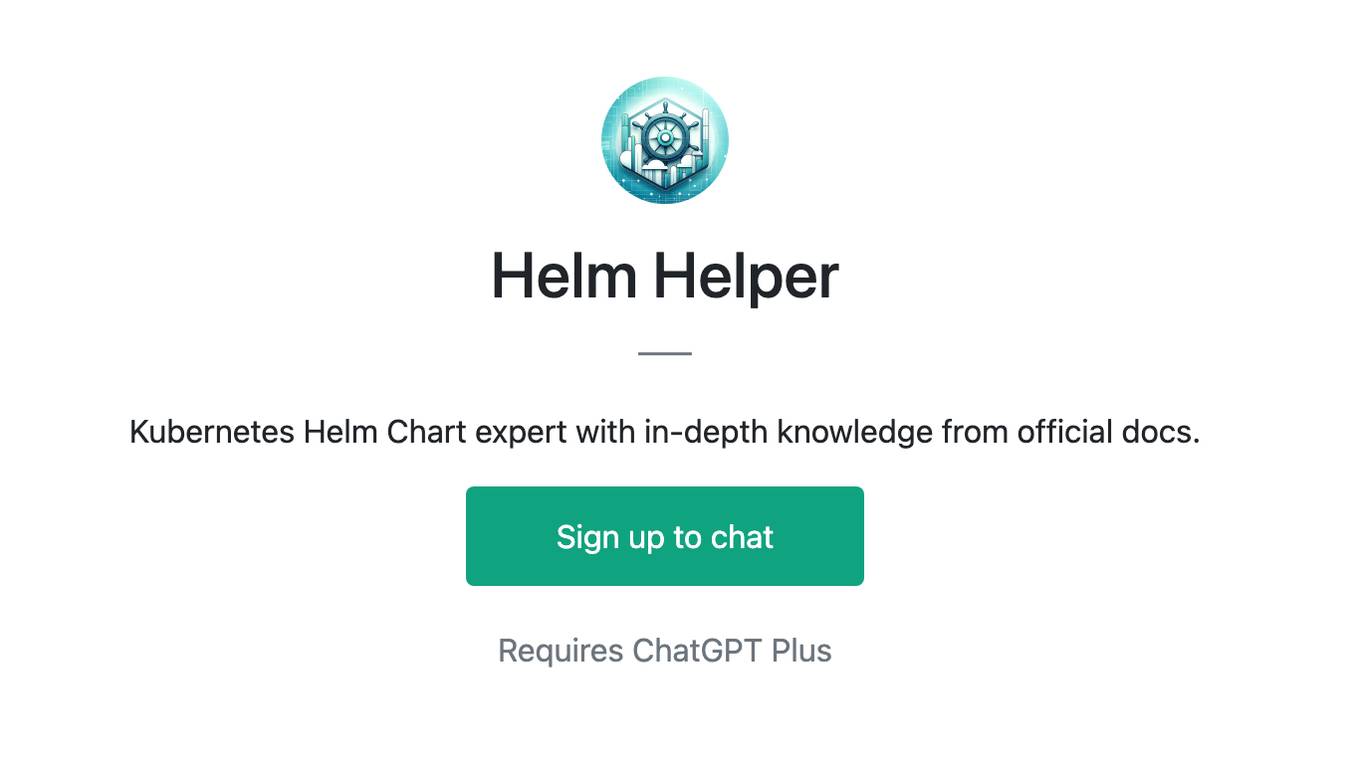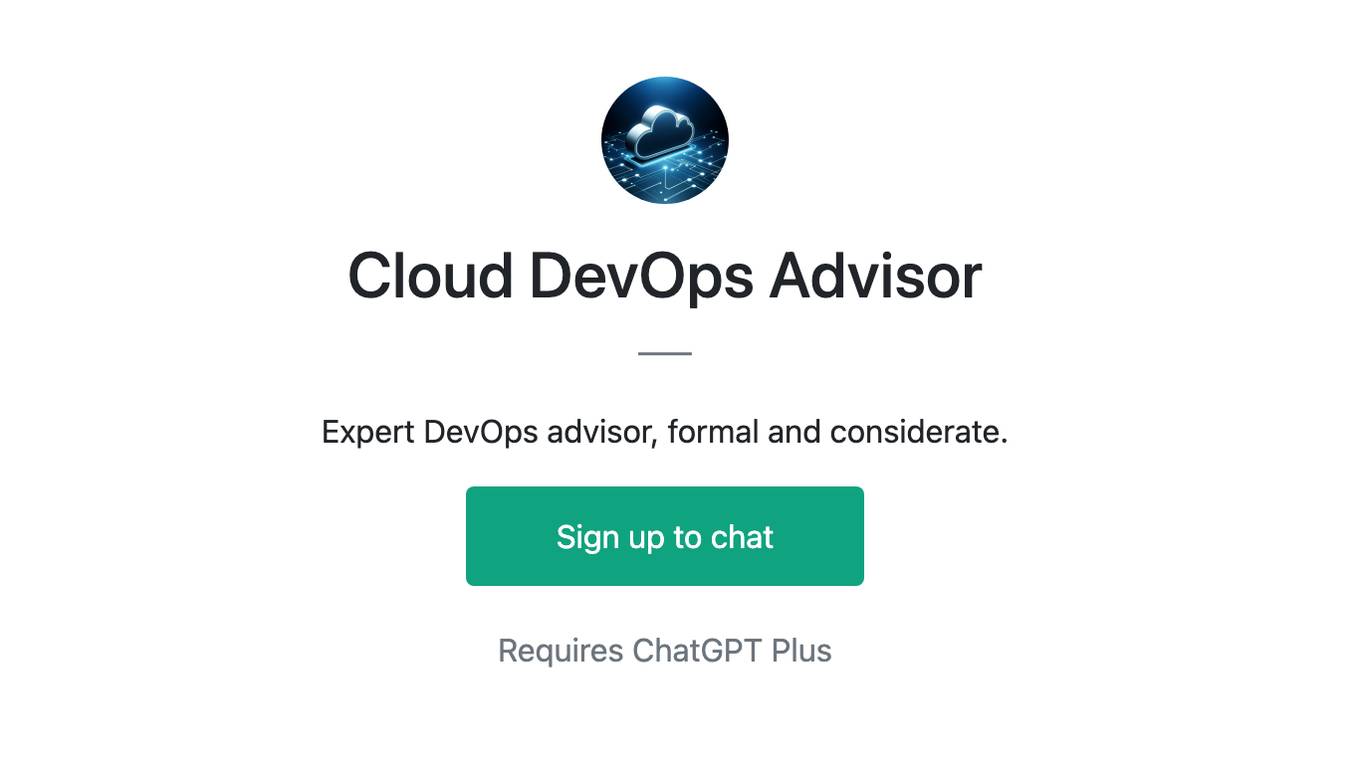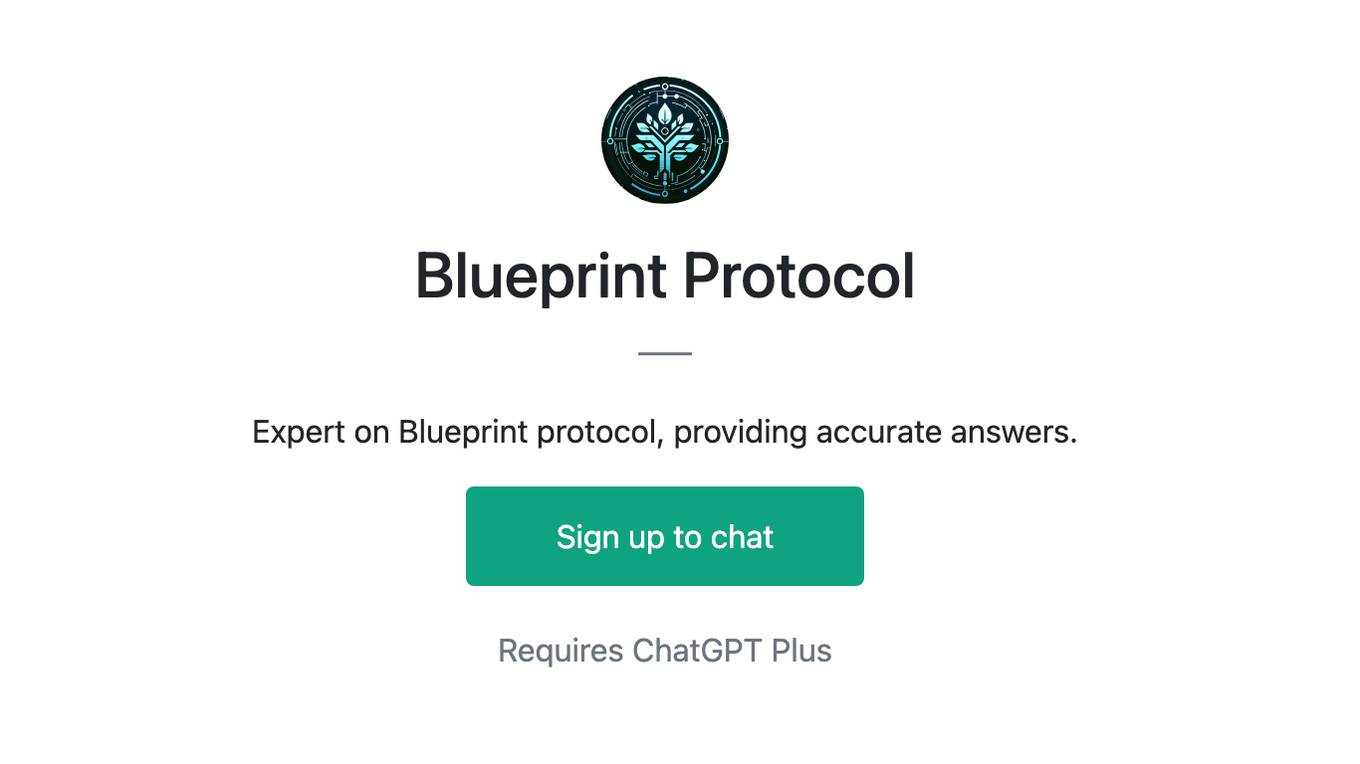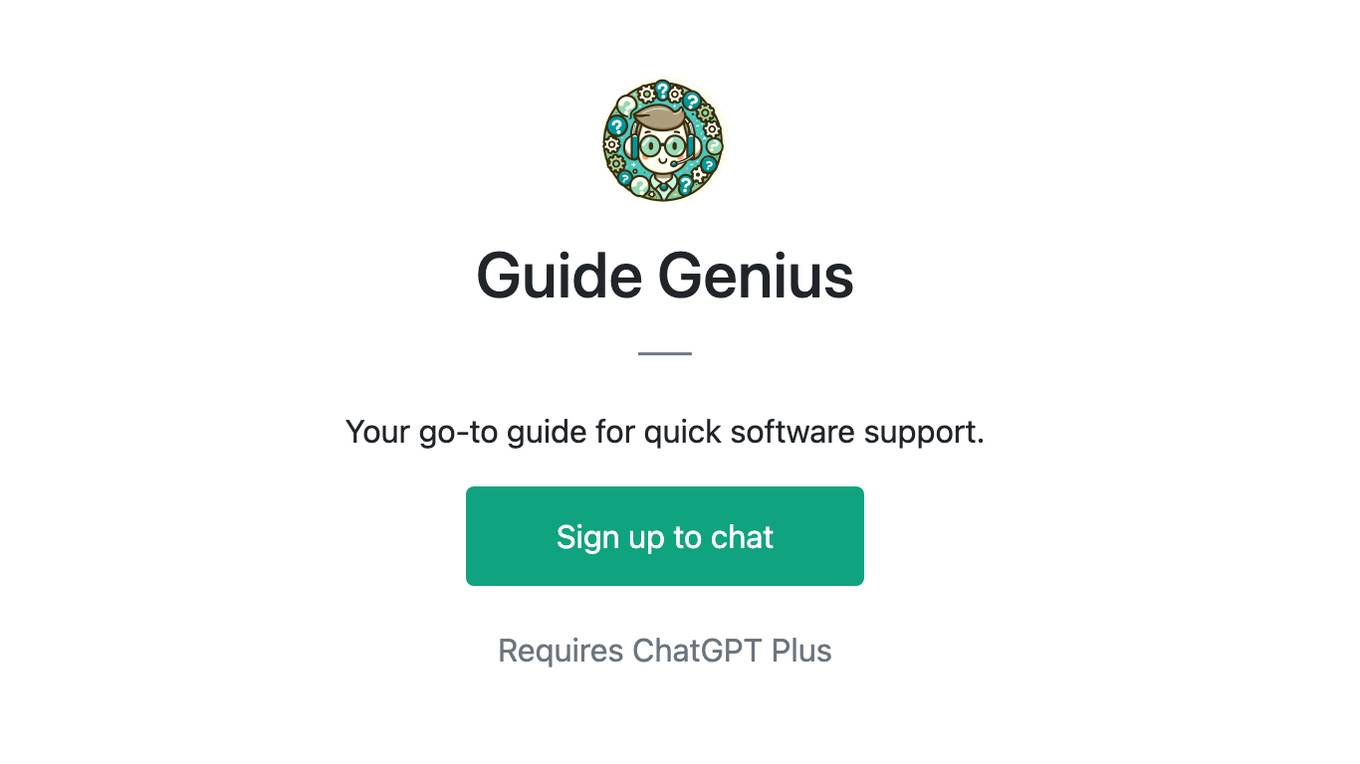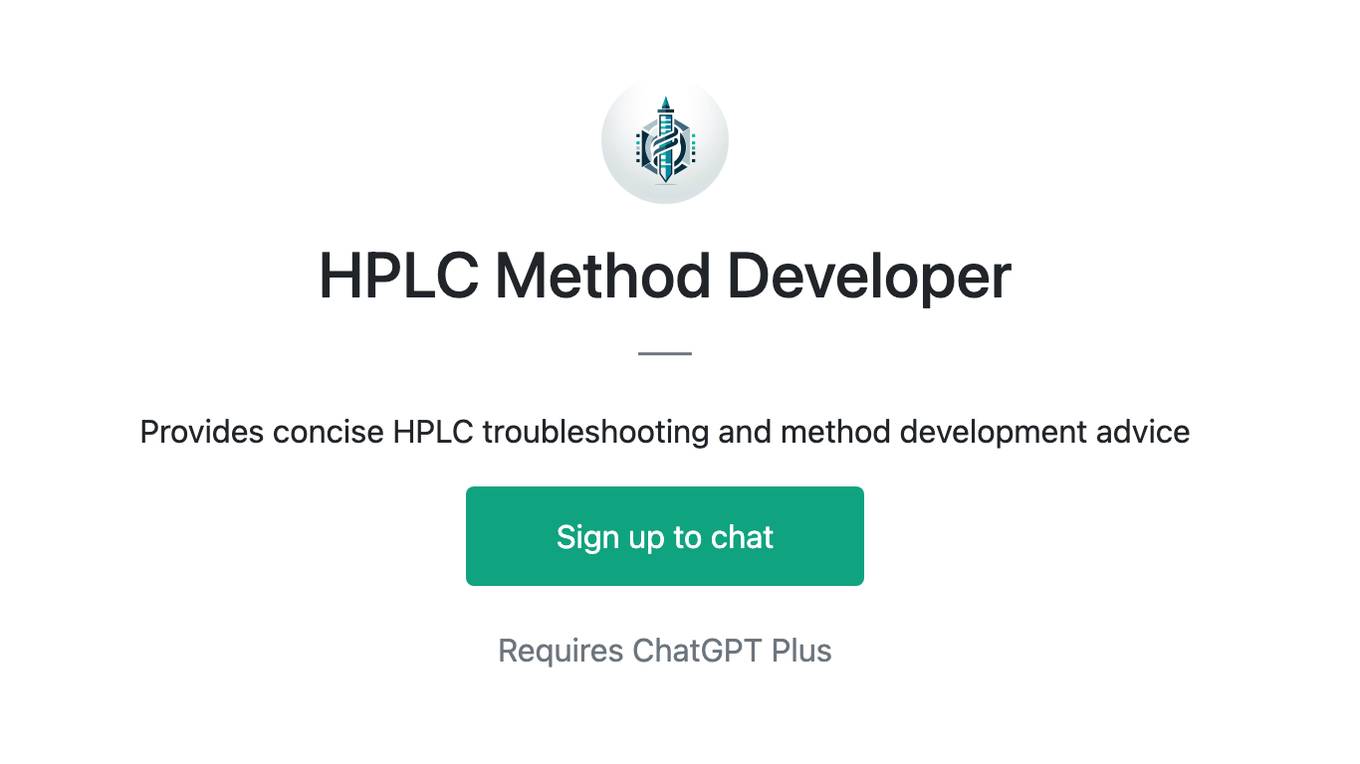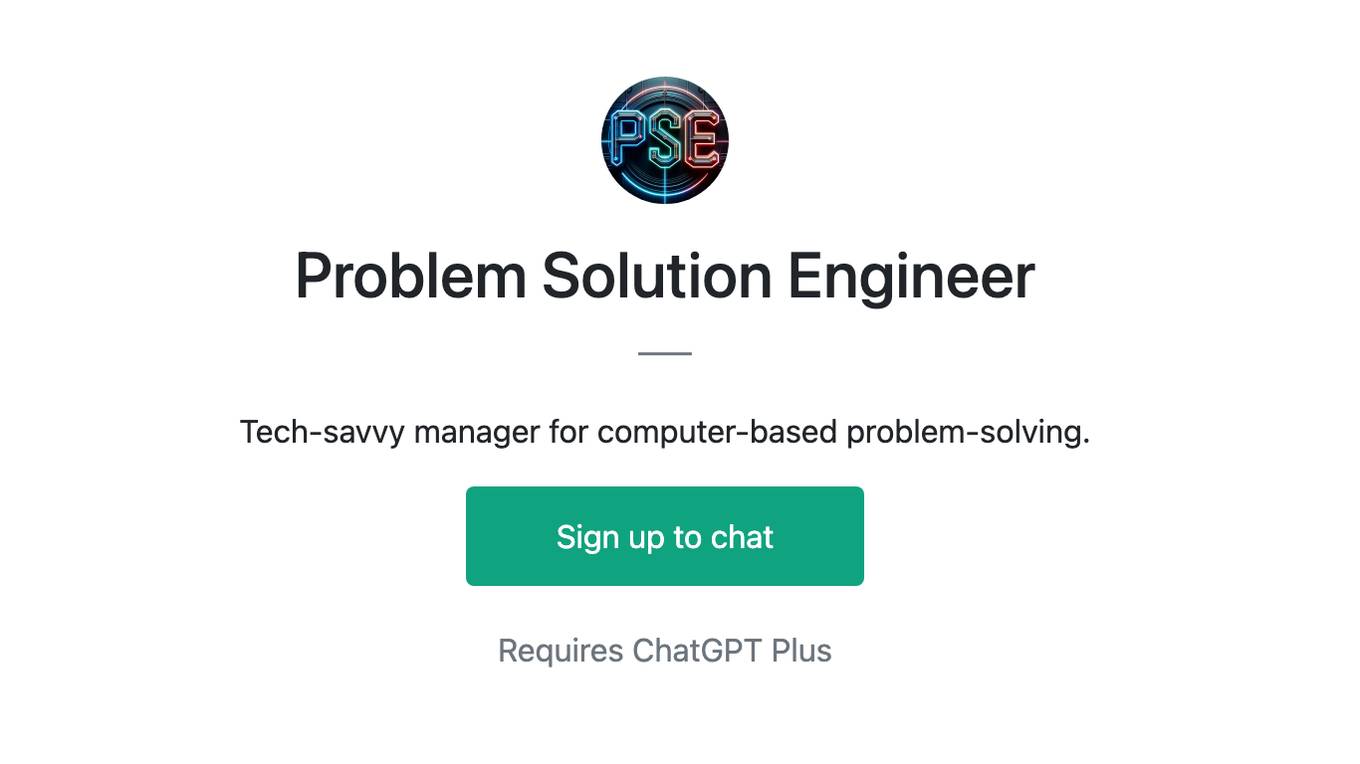Best AI tools for< Troubleshoot Deployment Errors >
20 - AI tool Sites

404 Error Page
The website displays a 404 error message indicating that the deployment cannot be found. Users encountering this error are advised to refer to the documentation for more information and troubleshooting.
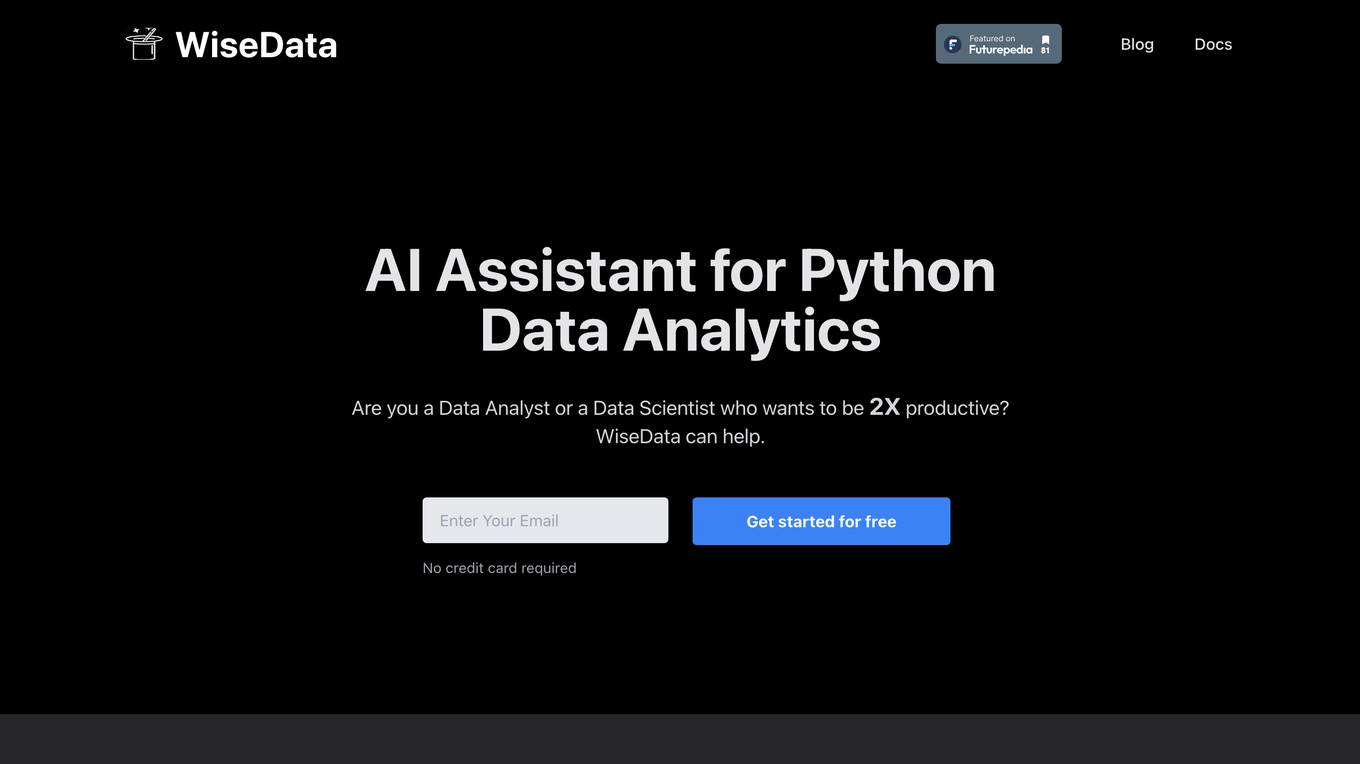
404 Error Page
The website displays a '404: NOT_FOUND' error message indicating that the requested deployment cannot be found. It provides a code 'DEPLOYMENT_NOT_FOUND' and an ID 'sin1::ntr94-1757093026322-fb2ff649aac2'. Users are directed to refer to the documentation for further information and troubleshooting.

404 Error Page
The website displays a 404 error message indicating that the deployment cannot be found. It provides a code (DEPLOYMENT_NOT_FOUND) and an ID (sin1::kd6wm-1757439292718-e4bf77b04f8c) for reference. Users are directed to the documentation for further information and troubleshooting.

404 Error Page
The website displays a '404: NOT_FOUND' error message indicating that the requested deployment cannot be found. It provides a code 'DEPLOYMENT_NOT_FOUND' and an ID 'sin1::lmmss-1741279839229-d64d8958cb1b'. Users are directed to refer to the documentation for further information and troubleshooting.

404 Error Assistant
The website displays a 404 error message indicating that the deployment cannot be found. It provides a code (DEPLOYMENT_NOT_FOUND) and an ID (sin1::2m6c8-1741625060952-6f4086286312) for reference. Users are directed to check the documentation for further information and troubleshooting.

404 Error Notifier
The website displays a 404 error message indicating that the deployment cannot be found. It provides a code (DEPLOYMENT_NOT_FOUND) and an ID (sin1::9dqr4-1736268911417-fd3e8899e116) for reference. Users are directed to check the documentation for further information and troubleshooting.
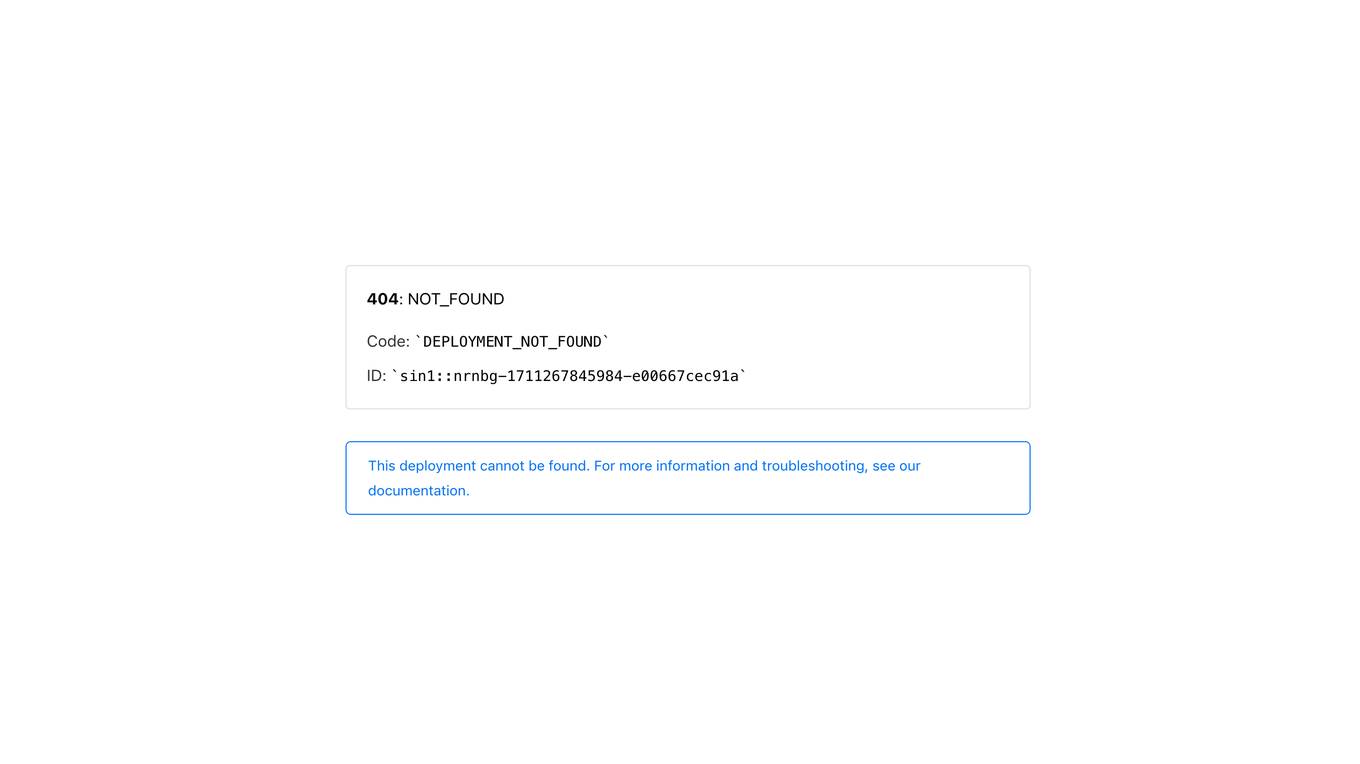
404 Error Page
The website displays a 404 error message indicating that the deployment cannot be found. It provides a code (DEPLOYMENT_NOT_FOUND) and an ID (sin1::2xl5g-1736355261820-aba405ebfdb4) for reference. Users are directed to consult the documentation for further information and troubleshooting.

404 Error Page
The website displays a 404 error message indicating that the deployment cannot be found. It provides a code (DEPLOYMENT_NOT_FOUND) and an ID (sin1::pwh45-1757612867782-660a5a705915) for reference. Users are directed to consult the documentation for further information and troubleshooting.

404 Error Assistant
The website displays a 404 error message indicating that the deployment cannot be found. Users encountering this error are advised to refer to the documentation for more information and troubleshooting.
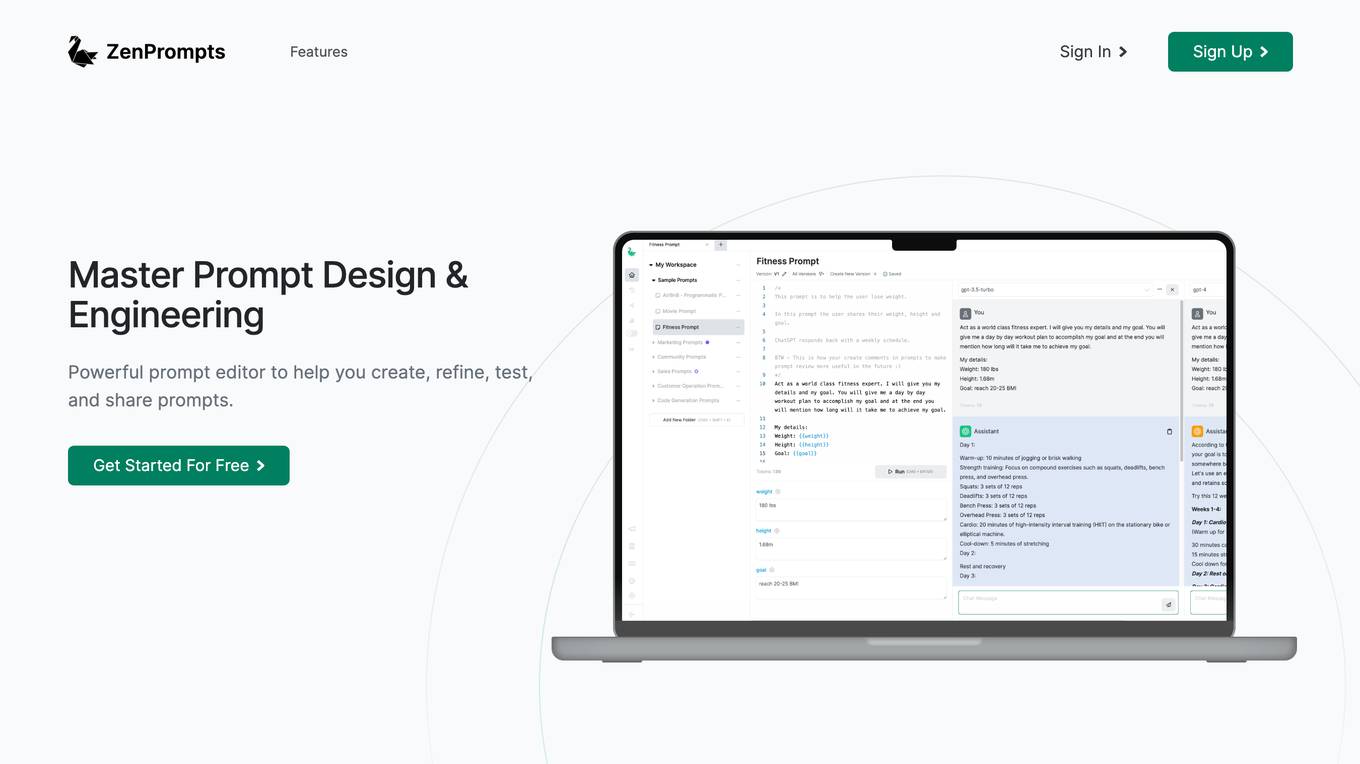
404 Error Assistant
The website displays a 404 error message indicating that the deployment cannot be found. It provides a code (DEPLOYMENT_NOT_FOUND) and an ID (sin1::tszrz-1723627812794-26f3e29ebbda). Users are directed to refer to the documentation for further information and troubleshooting.

404 Error Page
The website displays a 404 error message indicating that the deployment cannot be found. Users encountering this error are directed to refer to the documentation for more information and troubleshooting.

404 Error Assistant
The website displays a 404 error message indicating that the deployment cannot be found. It provides a code (DEPLOYMENT_NOT_FOUND) and an ID (sin1::6tlvc-1757094073366-8ef2a07c6c9a) for reference. Users are directed to consult the documentation for further information and troubleshooting.

404 Error Page
The website page displays a 404 error message indicating that the deployment cannot be found. It provides a code (DEPLOYMENT_NOT_FOUND) and an ID (sin1::4wq5g-1718736845999-777f28b346ca) for reference. Users are advised to consult the documentation for further information and troubleshooting.

404 Error Page
The website displays a 404 error message indicating that the deployment cannot be found. It provides a code (DEPLOYMENT_NOT_FOUND) and an ID (sin1::hfkql-1741193256810-ca47dff01080). Users are directed to refer to the documentation for further information and troubleshooting.
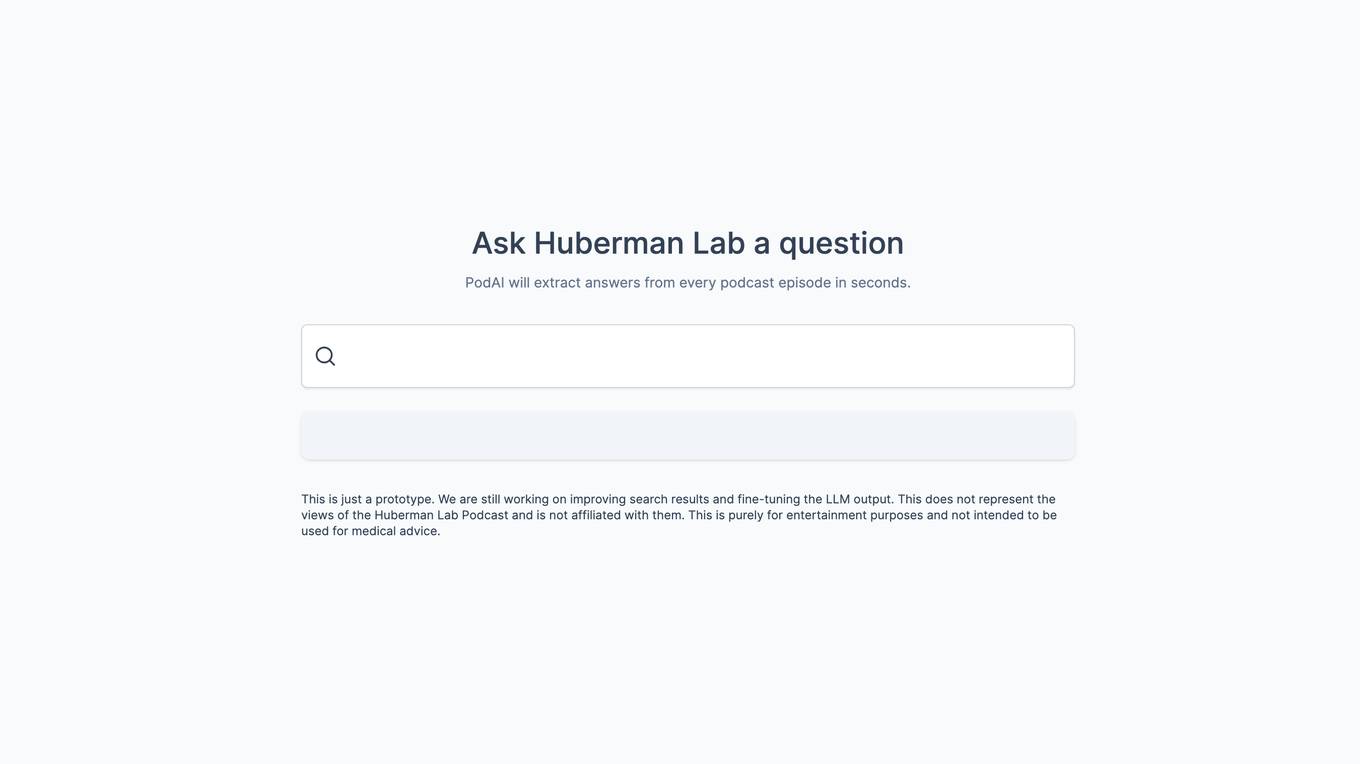
404 Error Assistant
The website displays a 404 error message indicating that the deployment cannot be found. It provides a code (DEPLOYMENT_NOT_FOUND) and an ID (sin1::8q8k4-1757266326349-1f48702b937e) for reference. Users are directed to consult the documentation for further information and troubleshooting.

404 Error Notifier
The website displays a 404 error message indicating that the deployment cannot be found. It provides a code (DEPLOYMENT_NOT_FOUND) and an ID (sin1::tb2c2-1757006335226-e6bd40c1a978) for reference. Users are directed to check the documentation for further information and troubleshooting.
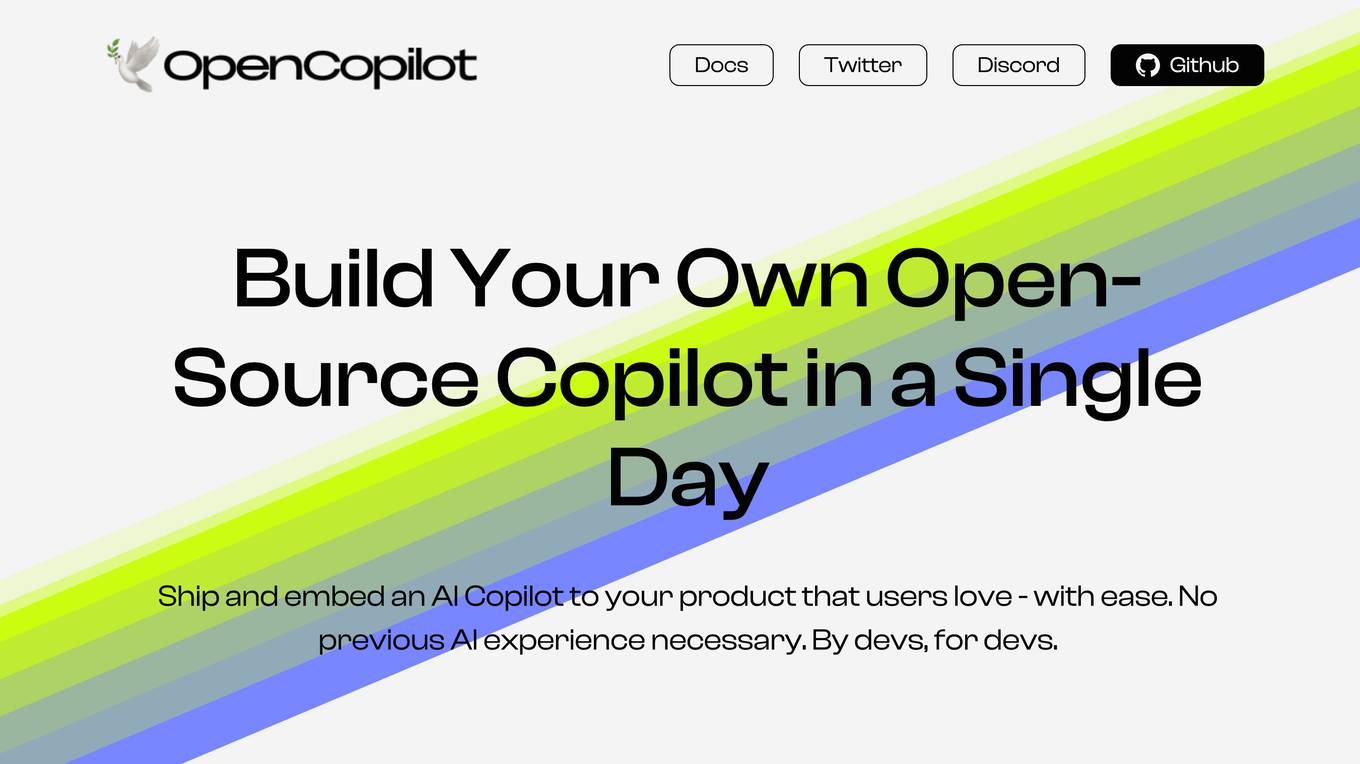
404 Error Notifier
The website displays a 404 error message indicating that the deployment cannot be found. It provides a code (DEPLOYMENT_NOT_FOUND) and an ID (sin1::7rd4m-1725901316906-8c71a7a2cbd7) for reference. Users are directed to check the documentation for further information and troubleshooting.

404 Error Assistant
The website displays a 404 error message indicating that the deployment cannot be found. It provides a code (DEPLOYMENT_NOT_FOUND) and an ID (sfo1::vd75v-1770832320154-3c2268e79b55) for reference. Users are directed to consult the documentation for further information and troubleshooting.

Error Resolver
The website displays a '404: NOT_FOUND' error message along with a code and ID indicating a deployment not found. Users are directed to refer to the documentation for further information and troubleshooting.

404 Error Page
The website displays a 404 error message indicating that the deployment cannot be found. It provides a code (DEPLOYMENT_NOT_FOUND) and an ID (sin1::mk7hv-1736442739549-625ea5452a6a). The message advises users to refer to the documentation for further information and troubleshooting.
0 - Open Source AI Tools
20 - OpenAI Gpts
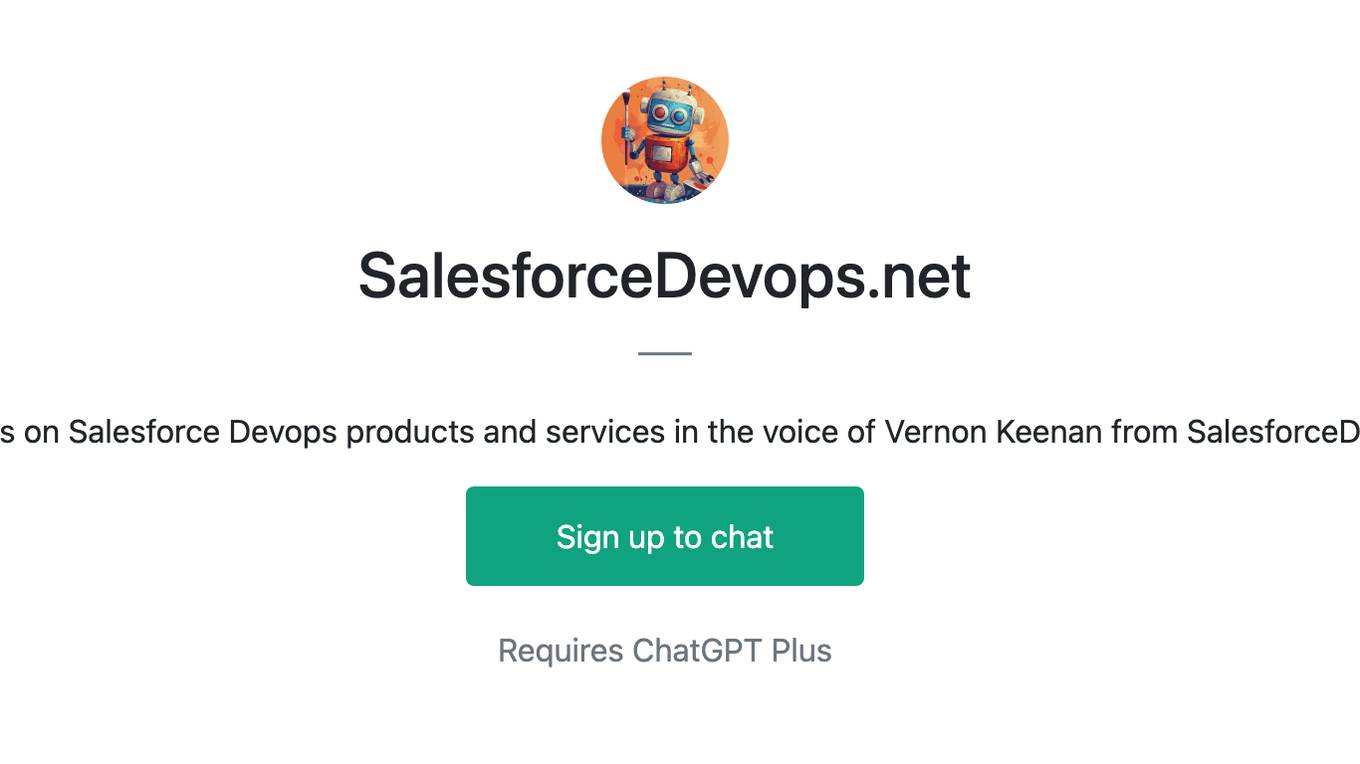
SalesforceDevops.net
Guides users on Salesforce Devops products and services in the voice of Vernon Keenan from SalesforceDevops.net

Telecom GPT
Expert in telecom, VoIP, SMS, 5G, IoT, SMPP, SIP logs, CPaaS, and exchange platforms.
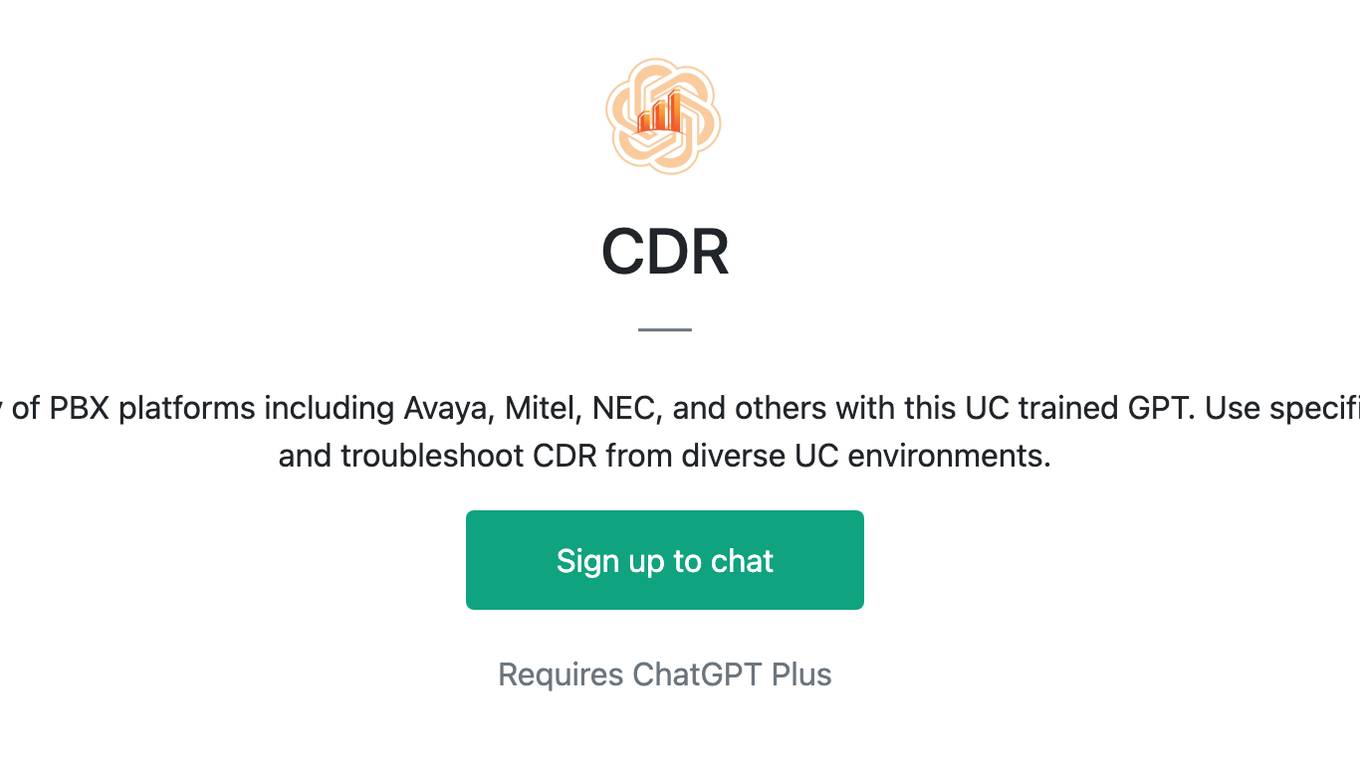
CDR
Explore call detail records (CDR) for a variety of PBX platforms including Avaya, Mitel, NEC, and others with this UC trained GPT. Use specific commands to help you expertly navigate and troubleshoot CDR from diverse UC environments.

Logic Pro - Talk to the Manual
I'm Logic Pro X's manual. Let me answer your questions, troubleshoot whatever issue you're having and get you back into the groove!
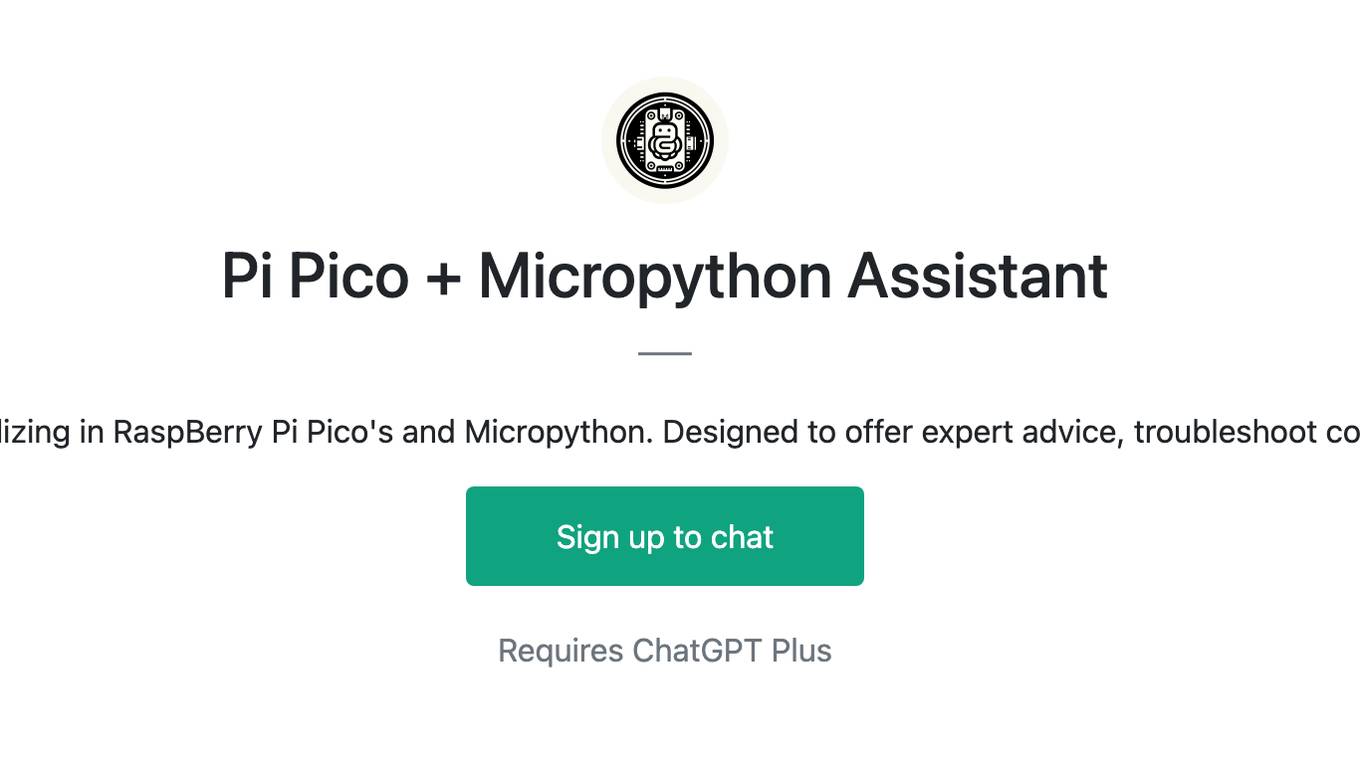
Pi Pico + Micropython Assistant
An advanced virtual assistant specializing in RaspBerry Pi Pico's and Micropython. Designed to offer expert advice, troubleshoot code, and provide detailed guidance.
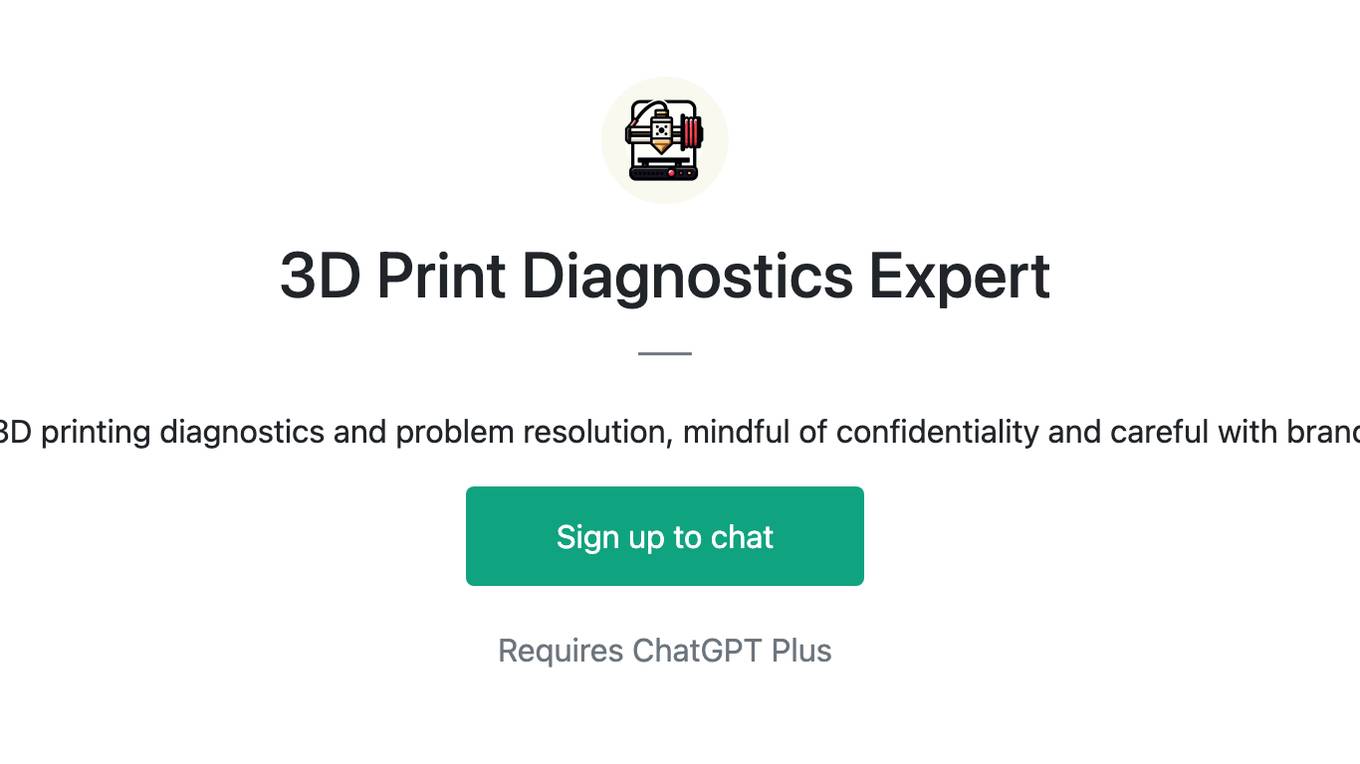
3D Print Diagnostics Expert
Expert in 3D printing diagnostics and problem resolution, mindful of confidentiality and careful with brand usage.
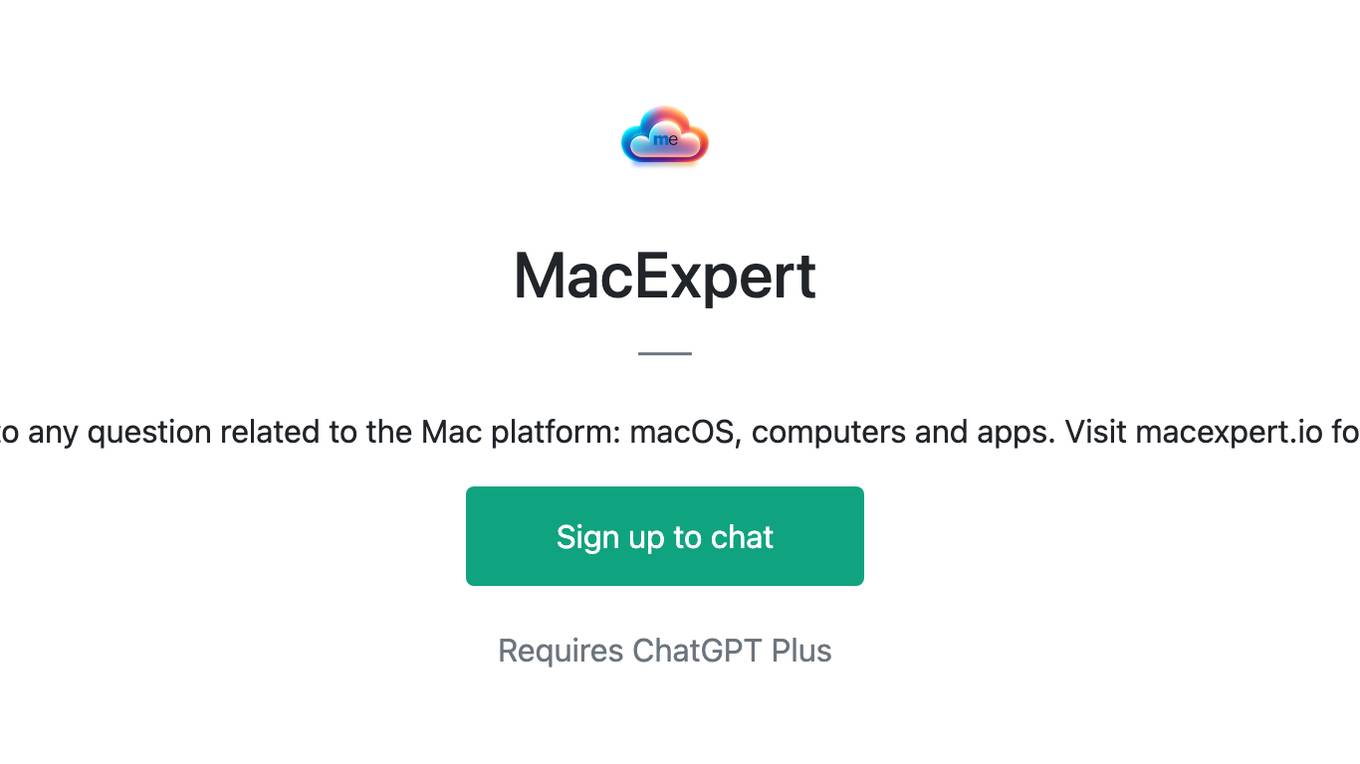
MacExpert
An assistant replying to any question related to the Mac platform: macOS, computers and apps. Visit macexpert.io for human assistance.
